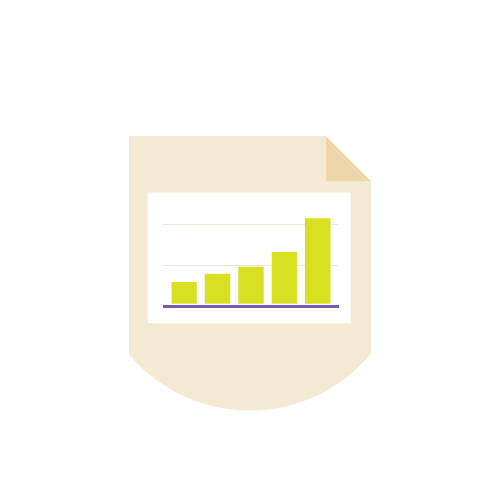Epidemiology is considered the foundation of public health. Research in the field of epidemiology provides population level information on the occurrence of health-related conditions. Examples of the application of epidemiology is in monitoring reports of a particular disease, like the flu, in a population, the relationship between an environmental exposure and the development of cancer, or evaluating the effect of an obesity prevention program. Together this information allows researchers, public health professionals and policy makers to prioritize resources and efforts to address health concerns at a population level. This course explores the principles of epidemiology research methods and design with a focus on current nutritional surveillance and monitoring systems, nutritional epidemiology and biostatistics, and the use of software for childhood health monitoring.
